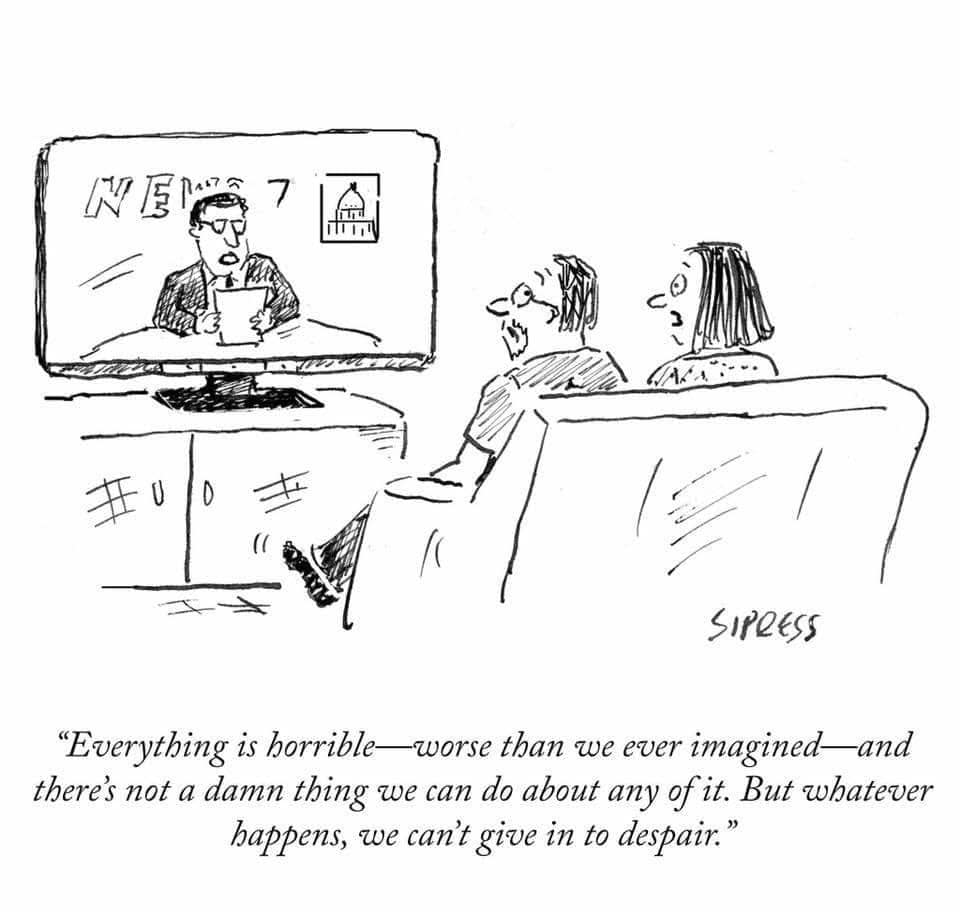The #dotcons have turned web searches into a cesspit of algorithm-driven consumerist and political ideological propaganda. What was a tool for discovery and connection is now a tightly controlled funnel, pushing people towards preordained narratives and commercialized echo chambers. Nowhere is this more obvious than on Google, the go-to gatekeeper of information, where what you find is shaped not by the richness of human knowledge, but by whatever serves the interests of the #nastyfew who control power and capital.
This isn’t simply an “inconvenience”; it’s a crisis for public knowledge and collective memory. When dissenting views, grassroots history, and alternative voices are buried under layers of #SEO spam, ad-driven results, and opaque censorship, we lose the ability to shape any understanding of the world. So what’s the plan to step outside this mess?
A real path is to build and use the #openweb to actively shift our habits to support networks, platforms and projects built on the #4opens principles – open source, open data, open process, and open standards. The #OMN (Open Media Network) is one path to reclaiming these collective narratives, by creating decentralized, community-driven archives where stories are curated by people, not algorithms.
With the #dotcons shift to #AI in everything, resisting this algorithmic trap is key, that the more people understand how these systems blind us, the less power they have. Building native #4opens tech is a very good first step, then teaching media literacy, by running workshops on the dangers of algorithmic control, and spreading knowledge about decentralized alternatives, so this can gradually chip away at the illusion of choice presented by the #closedweb paths.
This is a big step to #Rewilding the digital commons, the web was meant to be a messy, vibrant ecosystem, not a manicured, walled garden. We need to plant seeds in neglected corners of the internet, build hyperlocal networks, and use peer-to-peer tech to share knowledge directly. The more we create and share outside the #dotcons, the harder it becomes for them to control the narrative.
The next step is to create and nurture alternative search tools, we used to run an instance of #Searx which is #metasearch tool which works outside the algorithm as much as possible. But we had to shut this down due to lack of support, this lack of support is a real continuing issue we urgently need to overcome, we need users, contributors, and champions to increase usage of these tools and promote their development to build the infrastructure for an alternative discovery layer that need to bypass the #dotcons.
This is based on #KISS just do it, don’t wait for permission or a perfect alternative to emerge. Start archiving, writing, and sharing now. Build your own small-scale #4opens projects and connect them to others. The #OMN isn’t some grand centralized solution, it’s a framework for thousands of messy, local, independent nodes, each adding to a larger network of people-powered knowledge. This is a shovel-ready project. We don’t need to beg the #dotcons to change, and we certainly don’t need to play by their rules. Let’s get our hands dirty, compost the rotting remains of the algorithmic web, and start cultivating a truly human-centred internet again.
What will you plant today? 🌱
#openweb #OMN #4opens #DIY #digitalcommons #techresistance







